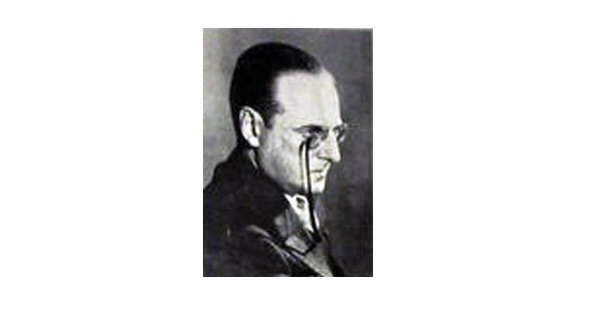
Edward Hale Bierstadt (1891-1970) was a criminologist, author and drama critic. During the Great War he enlisted in the American Expeditionary Force and served on the staff of hospitals in both England and France. He was also Executive Secretary of the Emergency Committee for Near East Refugees in 1923, one of the bodies that assisted survivors of the Greek Genocide. When Bierstadt returned to New York, he began defending free speech and radicalism against repression by government agencies. In 1924 he published his memoires under the title The Great Betrayal. In the book he describes the destruction of Greek communities by the Turks, and the failure of America to act due to business interests with Turkey. His service to Ottoman Greeks was recognized by the Greek Government who decorated him with the Silver Cross of the Order of the Redeemer. Biersatadt describes the burning and massacres at Smyrna as follows:
In reviewing the history of the catastrophe of Smyrna, there are several points that stand out clearly. The Powers were warned of what was going to be done while the Turks were denying that they were going to do it. What actually happened we know, and it has passed into history. But, knowing what they knew, the Powers made no attempt to restrain the Turks. If the Allied warships at Smyrna had been ordered by their home governments to act, there would have been no massacre and Smyrna would not have been burned. The four destroyers of the United States Navy alone could have saved the situation if they had been allowed to do so. The official answer to this is that such intervention might have meant war with Turkey. To say that wars have been fought for far less righteous causes is to beg the question, so we may strike to the root of the matter at once by pointing out that the Turkish Nationalist Government was in far greater need of friends than foes among the Powers, and that, if the demand had been made upon her that she conduct war in a civilised manner, she had much more to gain than to lose by complying. There were no belligerents in Smyrna on the 9th of September. What was done was wanton and deliberate. Kemal had decided that thenceforth Smyrna should be indisputably a Turkish city, and the shortest way to achieve this was to destroy the Greek, Armenian and European quarters. Also, Kemal had no way of rewarding his troops except by loot, and it is as traditional with the Turk as with the Mongol that looting is an essential adjunct of war. Finally, to conceal the traces of widespread loot and massacre, the city was deliberately fired.
The point of view of the Turkish Nationalist Government toward the Allied Powers was one of cynical contempt. They knew well what the Allies wanted, and they knew that as long as this bait was dangled before their eyes they were safe from interference. That they were entirely justified in their prognosis is evident from the fact that within three months after Smyrna had been burned they were able to sit across from the Powers at the conference table and bargain for economic concessions. While the evidence may be both presumptive and circumstantial it can scarcely be denied.
Then after standing meekly by while Smyrna razed and the Christian Minorities were massacred or deported, the Powers, France, Italy, the United States, and to some extent Great Britain, did what they could to whitewash the Turks so far as they were able to do so. Not one of the Allied governments possessed of the real facts gave them to the public. The first attempt was to belittle the whole matter; it was denied in the French Chamber of Deputies that there had been a massacre, and the responsibility for the fire was placed upon the Greeks and Armenians.1
1. Bierstadt, Edward H. The Great Betrayal: A Survey of the Near East Problem. New York: R. M. McBride & company, 1924, pp.45-47.



